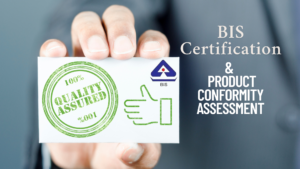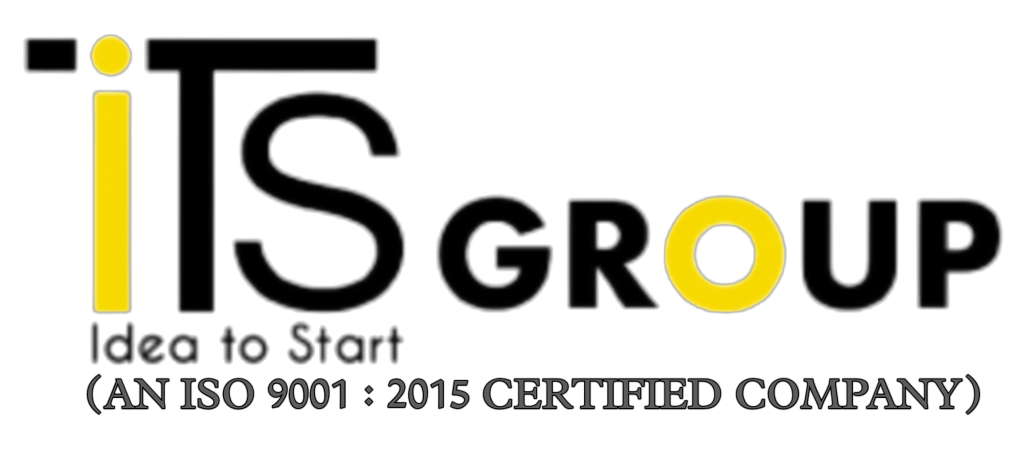In today’s competitive market, ensuring that your products meet quality and safety standards is not just an option—it’s a necessity. The Bureau of Indian Standards (BIS) plays a vital role in safeguarding consumer interests by certifying products that conform to defined Indian Standards. Whether you’re a domestic or foreign manufacturer, understanding the BIS Product Conformity Assessment process is key to gaining legal access to the Indian market and building consumer trust. This article offers a comprehensive guide to the certification process, required documents, and how to send your products for testing in BIS-recognized laboratories.

BIS Certification & Product Conformity Assessment: A Complete Guide
The Bureau of Indian Standards (BIS) is the national standards body of India, responsible for establishing quality benchmarks and ensuring that products sold in the Indian market meet defined safety and quality standards. One of the core functions of BIS is providing product certification under its conformity assessment schemes, which assures consumers that certified products comply with the relevant Indian Standards (IS). This certification is mandatory for several product categories including electrical appliances, kitchen equipment, construction materials, and electronics, while voluntary for many others.
BIS offers different schemes for certification depending on the nature and origin of the product. These include the ISI Mark Scheme for domestic manufacturers, the Foreign Manufacturers Certification Scheme (FMCS), and the Compulsory Registration Scheme (CRS) for IT and electronic products. The first step in the BIS certification process is to determine whether the product falls under the mandatory certification list. This can be verified from the official BIS website or through a qualified compliance consultant.
Once the applicability is confirmed, the applicant must choose the appropriate certification scheme based on the type of product and its manufacturing location. Indian manufacturers apply under the ISI Scheme, while foreign entities must apply through FMCS. For electronics and IT hardware, CRS applies. Applications are submitted online through the BIS portal (www.bis.gov.in), where the applicant must register, fill out the required form, and upload supporting documents.
For Indian manufacturers, the typical documents required for BIS certification include:
-
Factory registration documents such as PAN and GST certificate
-
Factory license or establishment certificate (Udyam/MSME/Shop Act)
-
Details of manufacturing infrastructure (machinery list and process flow chart)
-
In-house or third-party product test reports from BIS-recognized labs
-
Quality control documentation including raw material and final product inspection records
-
Authorization letter and ID proof of the authorized signatory
For foreign manufacturers under the FMCS, additional documents like the company’s business license, nomination of an Authorized Indian Representative (AIR), and quality system documents are required.
An essential part of the conformity assessment is the testing of product samples in a BIS-recognized laboratory. Manufacturers must first identify the applicable Indian Standard for their product and choose an accredited lab authorized to test according to that standard. The manufacturer should then contact the lab to understand the testing requirements such as sample quantity, packaging guidelines, testing fee, and timelines. Properly labeled and securely packed product samples must be sent to the lab either through a reliable courier service or delivered in person, along with a formal covering letter describing the product and testing request.
Upon completion of testing, the lab issues a detailed test report indicating whether the product meets the required standard. This report must be uploaded to the BIS portal as part of the certification process. Once all requirements are met, BIS may conduct a factory inspection (especially for ISI and FMCS schemes) before granting the certificate.Quality with BIS Certification for Your Startup
Ensure your products meet quality standards and boost business success.
The certification process typically takes between 30 to 60 days, depending on the product type and completeness of the documentation. Once issued, a BIS certificate is valid for one or two years and can be renewed upon expiry. BIS certification not only facilitates regulatory compliance but also enhances the credibility and marketability of the product in India.
In conclusion, BIS certification under the product conformity assessment scheme is a structured process involving compliance with Indian Standards through documentation, product testing, and sometimes factory audits. Manufacturers—both domestic and foreign—must ensure that they follow the correct procedure and engage with BIS-recognized labs for product testing to successfully obtain certification and legally sell their products in the Indian market.


